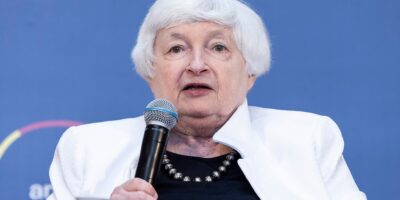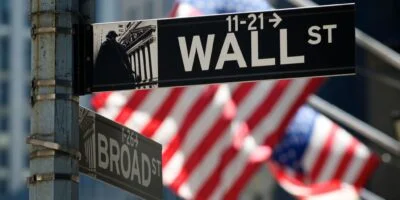The SEC Limits Most People’s Investment Opportunities

The United States House passed two bills in June to expand the definition of “accredited investors.” One passed unanimously and the other by 333-18, indicating that they were favored by a large majority of both Republicans and Democrats. The Securities and Exchange Commission has had “updates to the accredited investor definition” on its regulatory agenda since Spring 2022. It is not so clear that the SEC wants to expand the definition.
What is the controversy about?
The United States has two tiers of investors. One tier, which includes the large majority of investors, has limited investment options. The other tier—called accredited investors—have more investment opportunities.
This division of investors in the United States is solely due to government regulation. The SEC requires registration of offerings of securities offered to the general public; any such offering must satisfy specific, costly conditions. There are exceptions to this required registration, but these exceptions create securities that are not available to the general public. By and large, only “accredited investors” can take advantage of unregistered securities offerings.
The definition of “accredited investors” was created in 1982 to help clarify who could participate in unregistered offerings of securities. Accredited investors, for example, can be individuals or institutions such as banks and employee benefit programs with sufficient assets. The rules for determining which individuals are accredited investors are largely based on income and net worth. An individual is an accredited investor if they have income of $200,000 for the last two years and expect it to continue this year or they have a net worth of $1 million excluding equity in a primary residence. A married couple can qualify with income of $300,000 or the same $1 million in assets. These are the rules that affect the large majority of the public.
Limiting the investment opportunities available to the general public is intended to reduce unintended risk that investors take on, possibly due to fraud or ignorance. Most members of the public can deal only in investments registered with the SEC that meet the SEC’s requirements for providing information. In some countries, “accredited investors” are called “sophisticated investors” and that name more clearly indicates the consumer protection intended by these regulations.
This limitation of investment opportunities results in non-accredited investors receiving lower average returns on their investments. Venture capital funds are one type of investment that is not available to the general public. While quite risky, it also is well known that venture capital funds can have extraordinary returns. While they have not had higher average returns recently, they have had higher average returns for much of their history, more than high enough to compensate for the additional risk.
Angel investments in start-ups also can be made only by accredited investors. These tend to be high risk, with most investments generating zero and occasional investments generating very high returns. Average returns are very high, compensating for the high risk.
There are some odd contradictions associated with this limitation of the general public’s investment opportunities. Unaccredited investors cannot invest in firms through venture capital funds but they can generate extraordinary returns in other ways. One obvious way is to bet on long shots in sporting events. These are not particularly prudent investments and have negative returns on average. Venture capital investments have positive expected returns which compensate for the risk.
With this background, we can assess proposals to expand the definition beyond income and wealth. The bill that the US House passed by a voice vote would require the SEC to develop a test to determine whether someone is knowledgeable enough to forgo the investor protections built into public offerings to the general public. In one sense, it is easy to see the logic of this proposal. Many financial advisors in the United States, especially younger ones, are not accredited investors because they do not have the necessary income or assets. Many finance professors who teach in universities about hedge funds and venture capital are not accredited investors. If the purpose of creating a category of accredited investors is to protect unsophisticated investors, it is not obvious that income and wealth are necessary to be financially sophisticated. On the flip side, an income of $200,000 a year is not necessarily an indicator of financial sophistication. A useful definition of accredited investors should be less arbitrary than the current one. A test of knowledge could be an improvement.
There is some suggestion that the SEC is considering “updating” the definition of accredited investors by restricting those who are accredited investors. One obvious update would be to the income and wealth necessary to be an accredited investor. The dollar amounts have been the same since 1982 and there has been quite a bit of inflation in the meantime. The Consumer Price Index was a little over three times higher in 2022 than in 1982. This rise in prices would suggest an income threshold of $600,000 per year and an asset threshold of $3 million. Increasing the thresholds by a factor of three would be a very big decrease in the pool of accredited investors.
An alternative is to do away with the whole framework that supposes the federal government can distinguish sophisticated investors and unsophisticated investors. Police fraudulent offerings and prosecute those guilty of fraud. Other than that, why not let anyone with enough capital and a preference to accept the risk of investments such as venture capital do exactly that?










